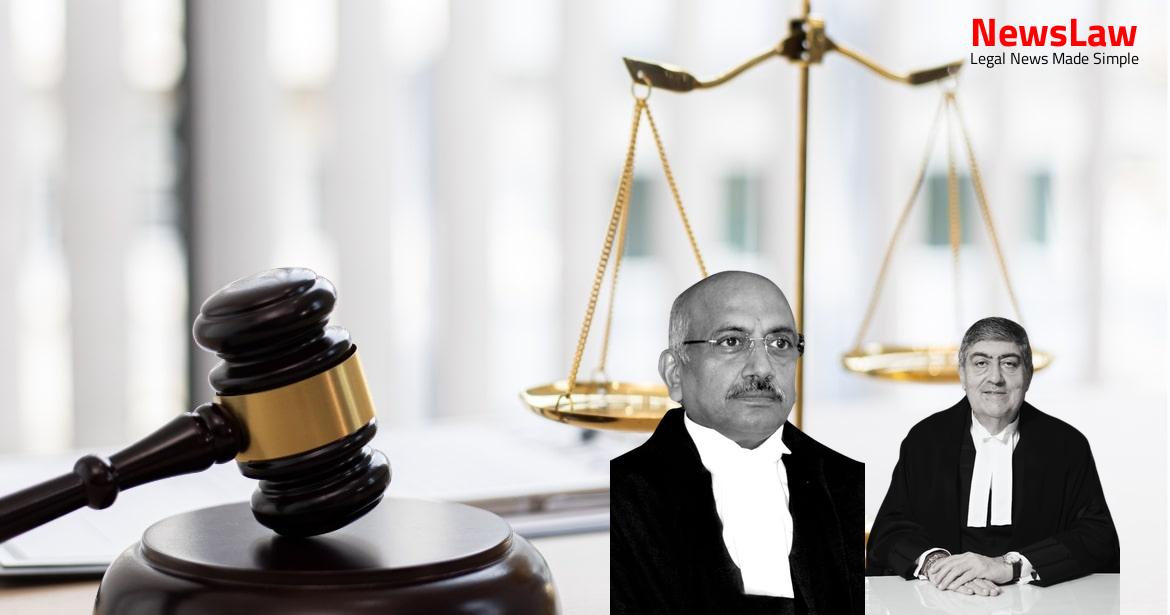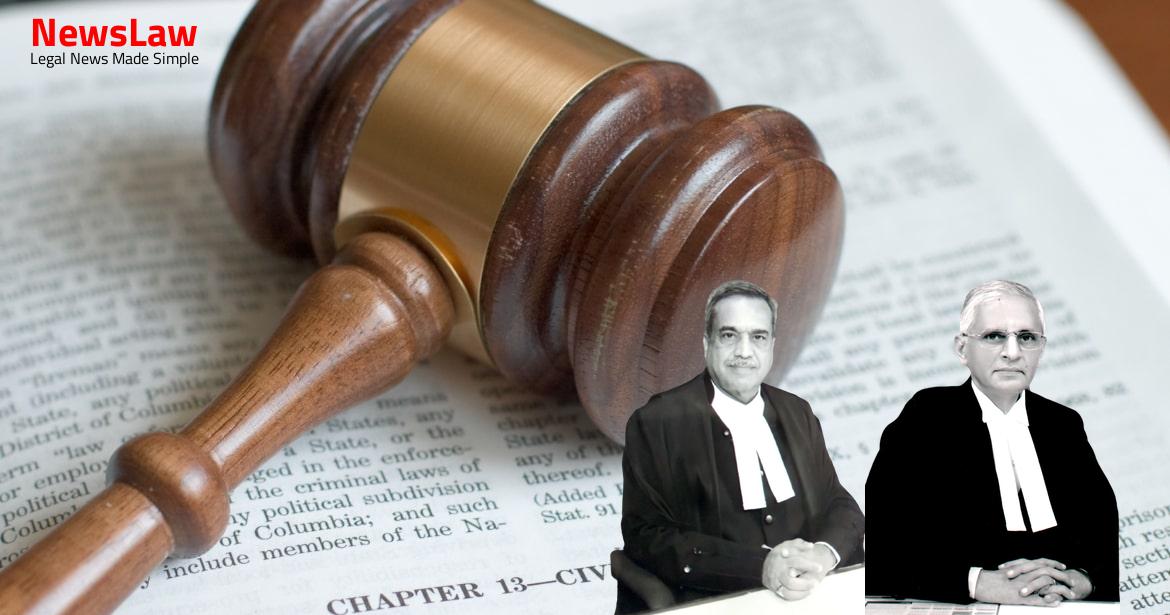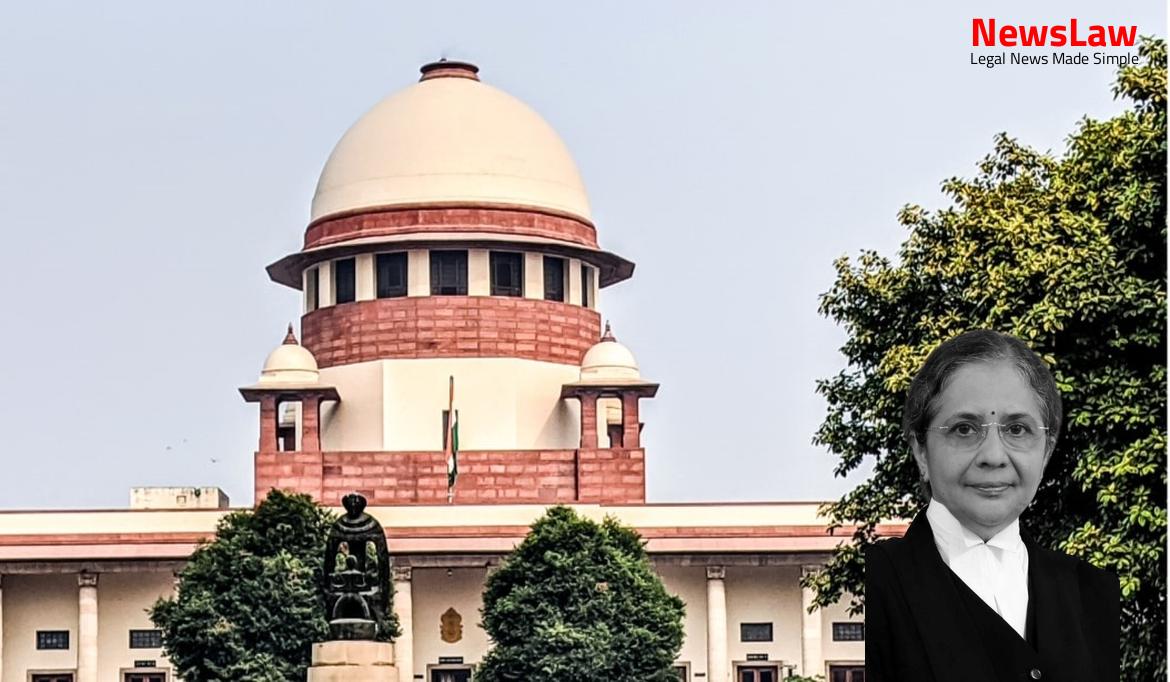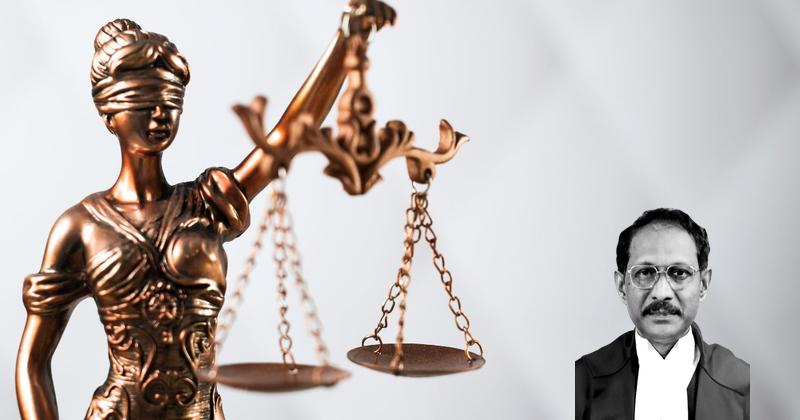In a recent legal case, the court delved into the intricate analysis of whether a public servant’s actions were directly connected to their official duty, warranting protection under Section 197 of the CrPC. The judgment emphasized the importance of safeguarding public servants from unjust prosecutions for acts performed in the course of their duties. This analysis sheds light on the legal intricacies surrounding the interpretation and application of laws designed to protect those serving the public interest.
Facts
- Indra Devi filed FIR No.80 dated 23.02.2011 alleging fraud in the sale of two plots in Distt. Barmer.
- Her husband was undergoing cancer treatment in Jaipur when they were served with a court notice regarding the disputed lease.
- Accused persons are alleged to have made a scheduled caste woman and her family homeless by fraudulent means.
- Respondent No.2, Yogesh Acharya, was not initially named in the FIR but was implicated later in the case.
- Charges were framed against Megharam for alleged collusion in the fraud.
- Respondent No.2 sought protection under Section 197 of the CrPC, claiming his actions were part of official duty.
- His application under Section 482 of the CrPC was initially dismissed by the trial court.
- The chargesheet was also challenged for lack of sanction under Section 197 of the CrPC.
- High Court opined that sanction under Section 197 of the CrPC was required before prosecuting the Station House Officer for criminal acts during his duties.
- The complainant and the State filed special leave petitions challenging the judgement.
- Leave was granted in both matters.
- Appellant argued that Respondent No.2’s involvement came to light during investigation and his failure to report irregularities led to the issuance of a forged lease.
- Trial court believed that if discrepancies were reported by Respondent No.2, the forged lease would not have been issued.
- Respondent No.2 was found liable to be prosecuted for committing a criminal offense in procuring the forged lease, similar to the Devi Dan v. State of Rajasthan case.
- It was held that Respondent No.2’s actions were not in discharge of his official duty, so protection under Section 197 of the CrPC did not apply.
Also Read: Supreme Court Judgment on Single Till Mechanism for HRAB Calculation: A Comprehensive Analysis
Analysis
- Respondent No.2 attempted to defend his actions by arguing that the FIR only mentioned Megharam and unnamed officials, and no sanction had been obtained for any officers involved.
- Respondent No.2 claimed he was merely carrying out his official duties related to land allotment and conversion, as evident from the work assigned to him.
- The processing of Megharam’s application involved several steps overseen by higher-ranking officers who were granted protection under Section 197 of the CrPC.
- Despite being involved in the alleged conspiracy with superiors, Respondent No.2, a Lower Division Clerk, was denied similar protection by the trial court.
- The question arose whether the act committed by Respondent No.2 was directly connected to his official duty, necessitating the application of Section 197 of the CrPC.
- The Superior officers involved in the file were granted protection, while Respondent No.2, who handled paperwork, was denied similar protection by the trial court.
- The work assigned to Respondent No.2 pertained to land-related matters within his domain of work, justifying the argument for similar protection as the other officers.
- The conduct of putting initials on papers was considered part of Respondent No.2’s duties, akin to the protection granted to a Junior Engineer in the same transaction under Section 197 of the CrPC.
- Public servants are recognized as a special category deserving protection from malicious or vexatious prosecution.
- The court was urged to interpret Section 197 of the CrPC liberally for the protection of public servants in actions reasonably connected to their official duties.
- The proceedings against two officers were quashed based on the High Court’s direction.
- The same direction was given in the present case as well.
- Appeals were dismissed with parties bearing their own costs.
Case Title: INDRA DEVI Vs. THE STATE OF RAJASTHAN (2021 INSC 356)
Case Number: Crl.A. No.-000593-000593 / 2021



